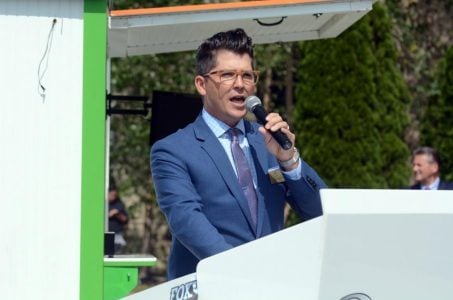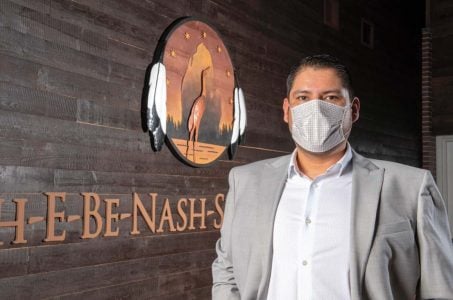California Cardrooms Are Important Contributors to Local, State Economies, Says Industry Group
Posted on: November 13, 2019, 09:44h.
Last updated on: November 13, 2019, 11:12h.
California’s 72 cardrooms aren’t traditional casinos and often draw the ire of tribal operators. But the venues are important drivers of economic activity throughout the Golden State, according to the California Gaming Association (CGA).

Full disclosure: the CGA has a stake in extolling the benefits of cardrooms because it’s the industry’s trade group. The Sacramento-based organization “is the definitive voice of the state’s cardroom industry,” according to its web site.
A study by John Dunham & Associates, a New York-based economic consulting firm commissioned by the CGA, indicates the total annual economic impact from California cardrooms is $5.6 billion, and that the venues support more than 32,000 direct and indirect jobs.
In total, the California cardroom industry directly and indirectly creates about 32,425 living wage jobs with wages and benefits estimated at $1.64 billion,” according to the CGA. “Tax revenue generated by California cardrooms totals roughly $500 million, with $398.8 in state taxes and $100.9 million in local jurisdiction gaming taxes.”
That $5.6 billion figure trails the more than $8 billion in annual revenue generated by California’s roughly 70 tribal casinos.
Long-Running Feud
The Golden State is home to some of the largest gaming properties in the US, including Morongo and Pechanga, which are located in Riverside County in the southern part of the state. Those are tribal gaming properties and direct competitors to cardrooms.
Cardroom and tribal operators are in the midst of a long-running tiff in California. Earlier this year, the state’s Bureau of Gambling Control (BGC) considered actions that would limit the games offered by the cardrooms.
The CGA pushed back, saying a crackdown on offerings at its members’ venues could threaten jobs, and the idea of making life hard on cardrooms came under more scrutiny when local media reports revealed that California Attorney General Xavier Becerra, a Democrat, received campaign contributions from tribal gaming entities. Beccera’s office oversees the BGC.
California cardrooms don’t offer slot machines or electronic gaming terminals. Nor do they have “house-banked” games.
“Every player in a cardroom has the opportunity to wager as the dealer, an opportunity not found in tribal casinos,” according to the CGA.
Still, the state’s tribal operators believe that’s nothing more than a legal loophole and that cardrooms threaten the tribes’ exclusivity accord with California.
Colorful Characters
There are interesting and controversial personalities behind some California cardrooms. For example, Hustler publisher Larry Flynt owns two such venues in the Los Angeles area, while members of the Kingston family, believed to be a polygamous group from Utah, run the Lake Elsinore Casino in Riverside County.
Many of the state’s cardrooms are located in or around major cities, providing some geographic advantage over tribal properties, the bulk of which are multi-hour drives from large metropolitan regions.
Approximately 22,000 of the 32,425 jobs supported by California’s cardroom industry are in Los Angeles and San Diego counties and the Bay Area, three of the state’s most densely populated sections.
Related News Articles
Foxwoods Resort Casino Appoints First Tribal Member to CEO
Hard Rock International Could Be Back in Greece Casino Plan
Most Popular
LOST VEGAS: The Foster Brooks Robot at MGM Grand
Bally’s Sets Date for Tropicana Las Vegas Implosion & Party
Most Commented
-
VEGAS MYTHS RE-BUSTED: You Don’t Have to Pay Resort Fees
— August 2, 2024 — 16 Comments -
VEGAS MYTHS RE-BUSTED: Elvis Was a Straight-Up Racist
— August 9, 2024 — 11 Comments -
ANTI-SOCIAL BEHAVIOR: Vegas Casino Buffet Stunt in Poor Taste Goes Viral
— August 16, 2024 — 7 Comments -
VEGAS MYTHS RE-BUSTED: The Strip Tried Appealing to Families and Failed
— August 23, 2024 — 7 Comments
















No comments yet